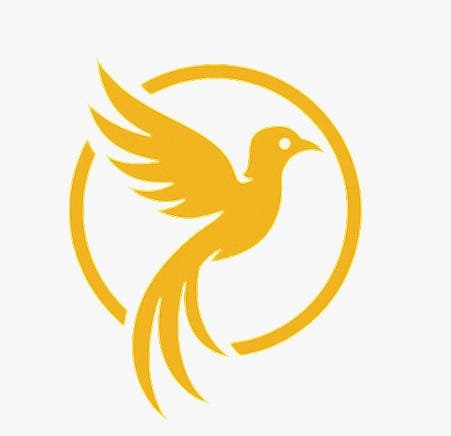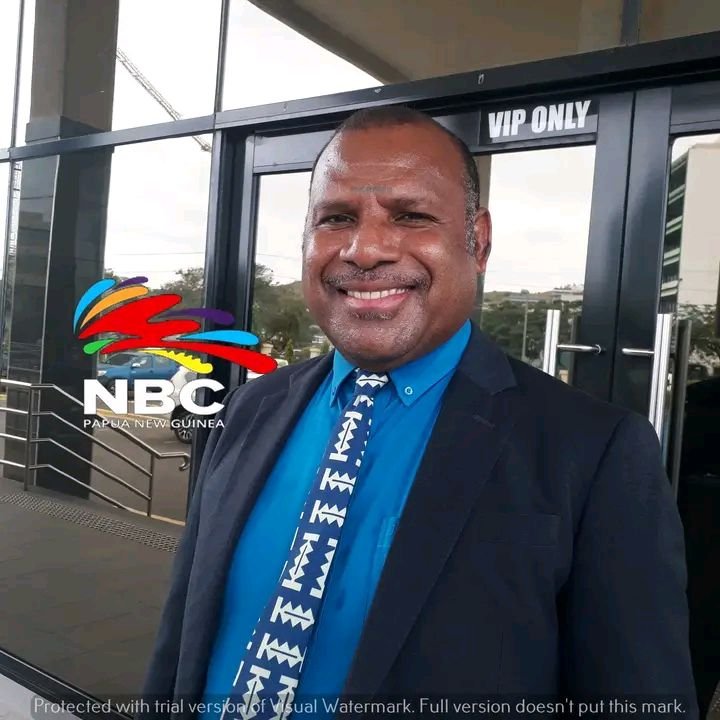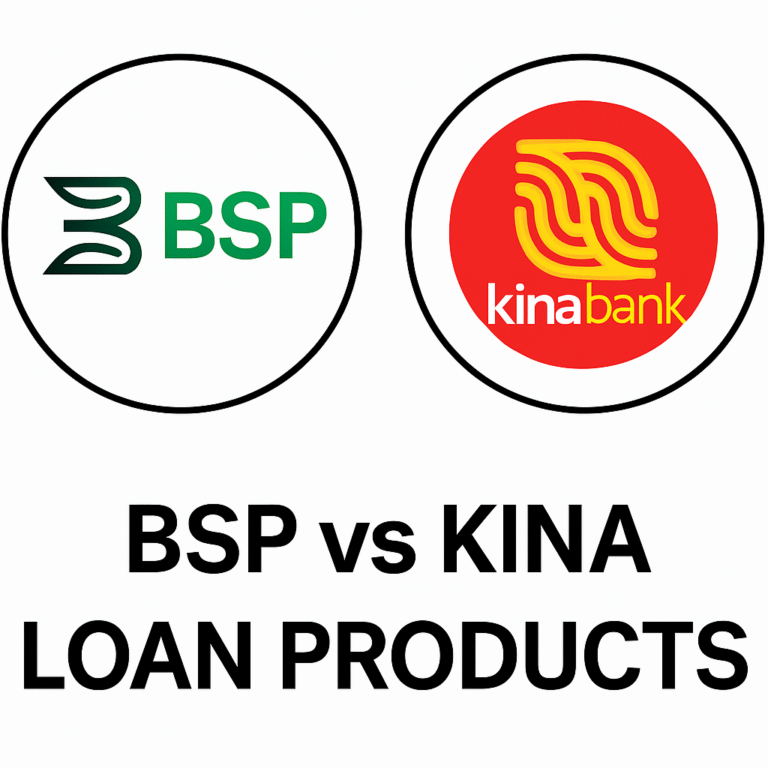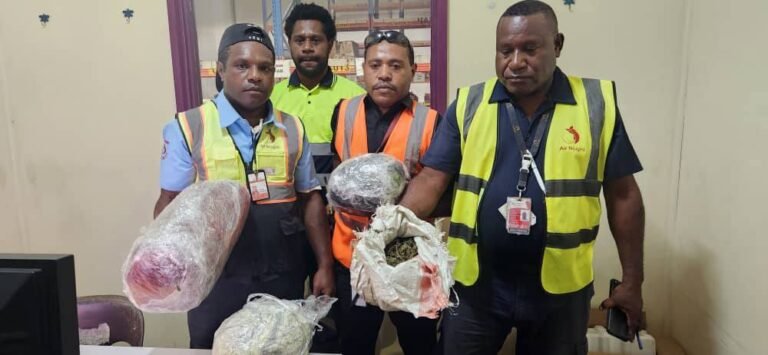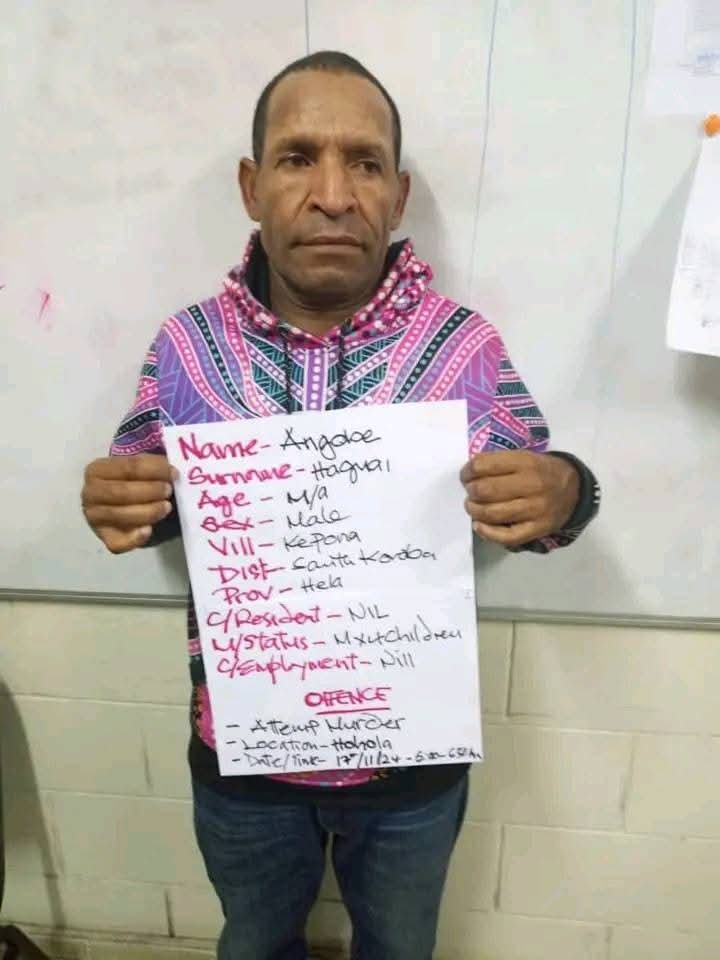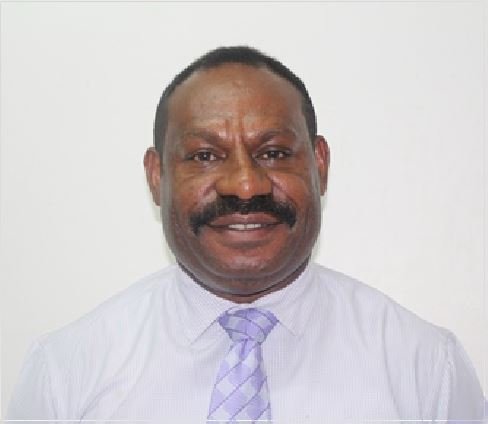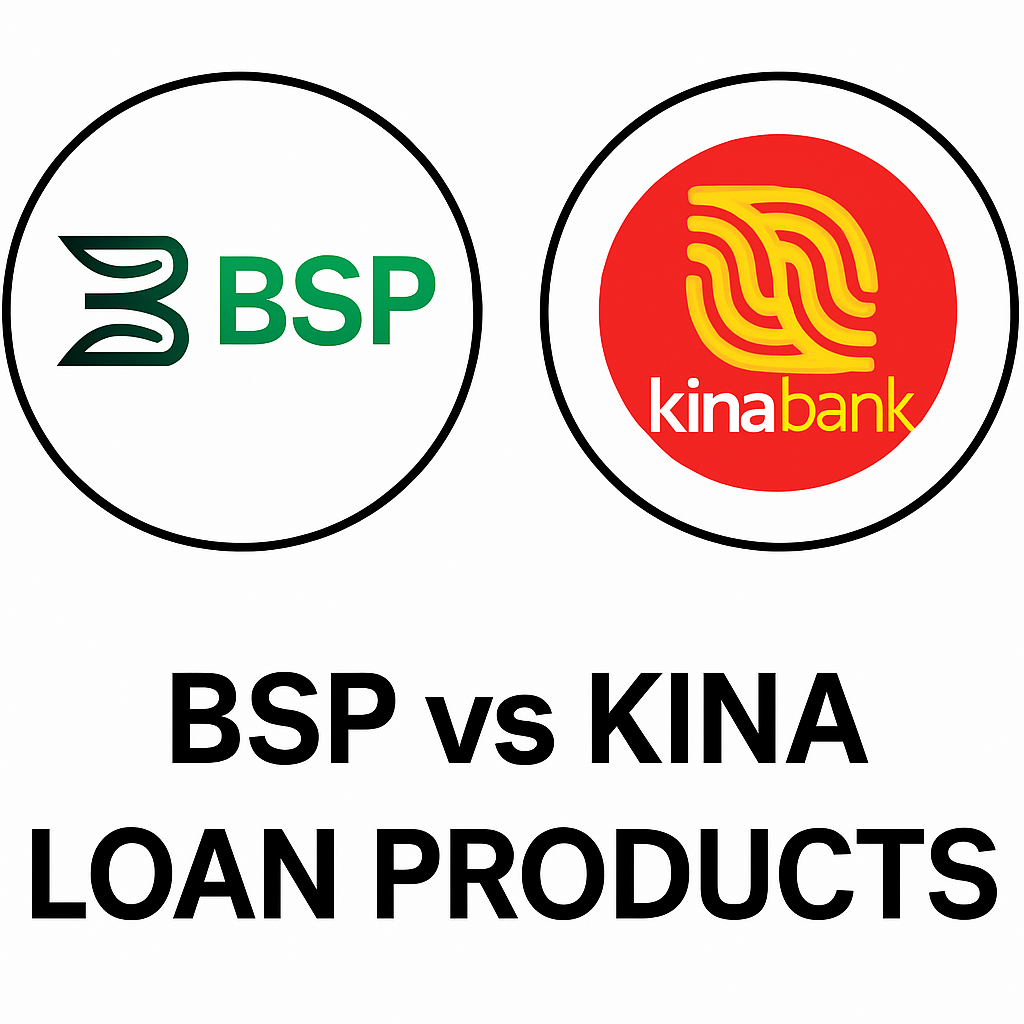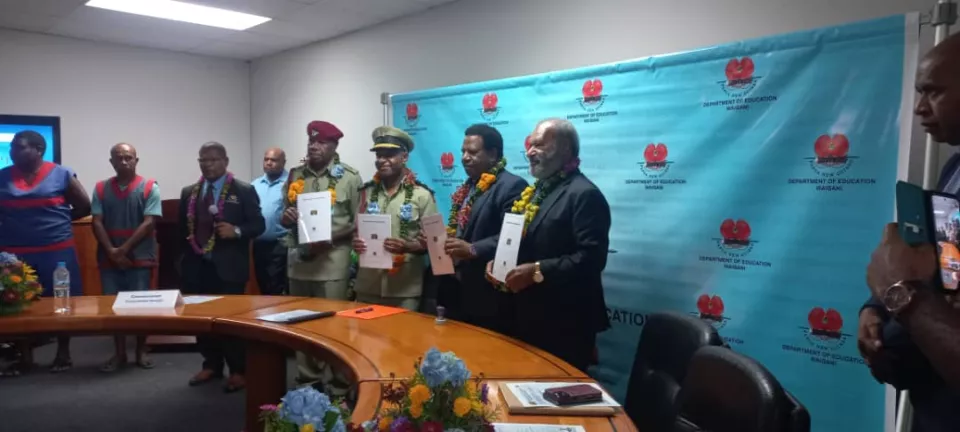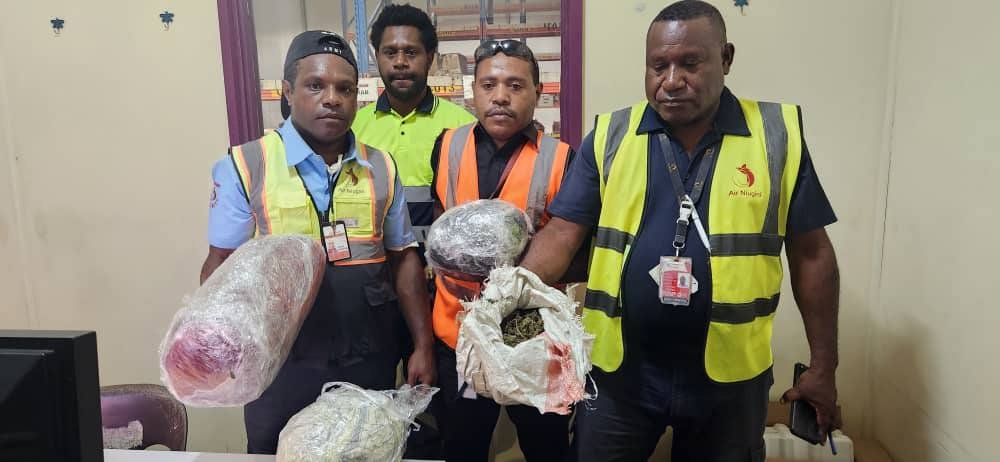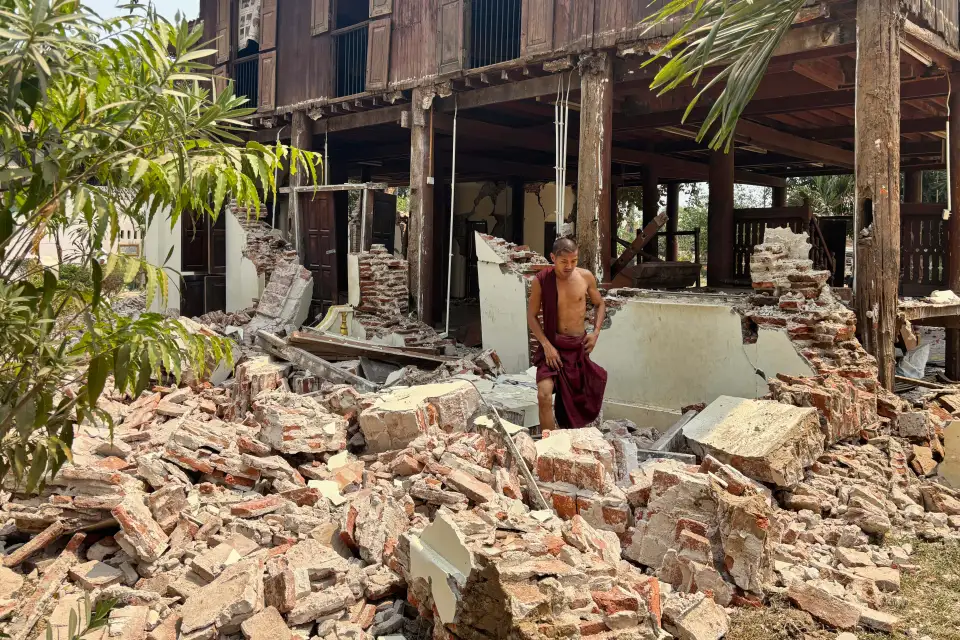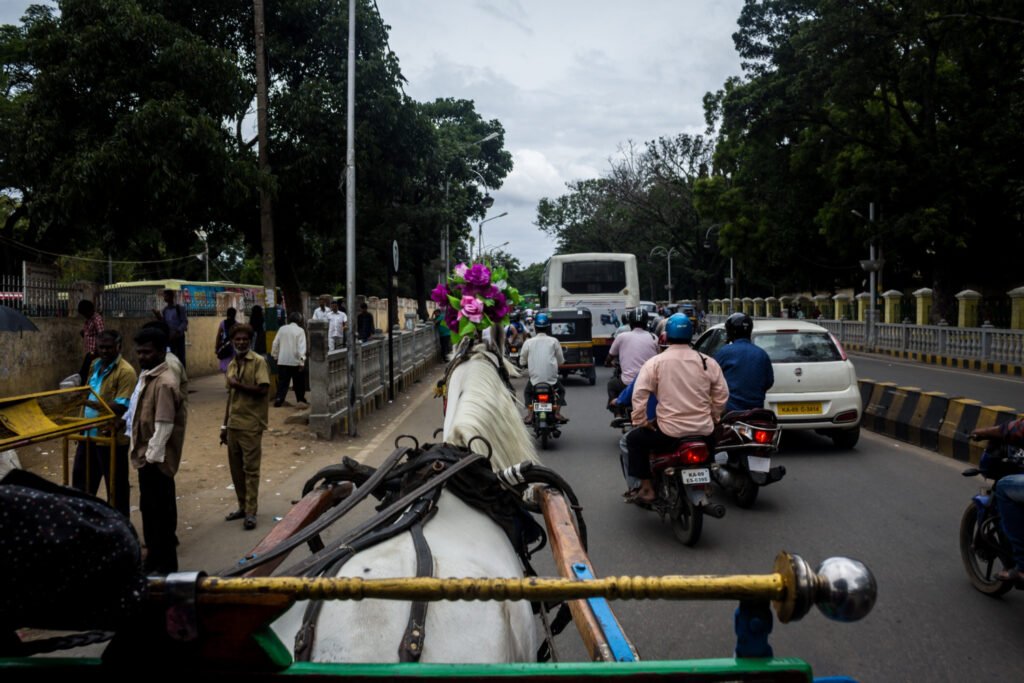As Papua New Guinea intensifies efforts to diversify its economy, Special Economic Zones (SEZs) are emerging as powerful engines driving industry growth, formal job creation, and domestic capacity-building across the country.
From cocoa processing plants in East New Britain to cement factories in Central Province, SEZs are attracting both local and international investors eager to take advantage of tax incentives, streamlined regulations, and proximity to raw materials.
What Are SEZs—and Why Now?
Special Economic Zones are designated areas where businesses enjoy:
- Reduced taxes and tariffs
- Simplified import/export procedures
- Improved infrastructure access
- Fast-track licensing and approvals
With PNG’s youth population booming and over 80% of citizens engaged in the informal economy, SEZs are now being used strategically to bring more workers into formal employment and retain value-added processes within the country.
Cocoa Gets a Processing Boost
In Kerevat, the newly launched Cocoa SEZ is already operational, housing domestic grinders and chocolate production lines. By enabling beans to be processed and packaged locally, PNG retains more profit from its crops—and opens new export markets under a PNG-grown brand.
According to the Ministry of International Trade & Investment, the cocoa SEZ alone is expected to:
- Create over 1,200 formal jobs
- Train young workers in food science and agri-tech
- Boost smallholder income by cutting out middlemen
“It’s not just export anymore—it’s enterprise,” said a government representative during the launch.
Cementing Local Industry
Meanwhile, in Central and Morobe Provinces, cement and construction material SEZs are being developed to reduce PNG’s dependency on costly imports.
The industrial build-out includes:
- A local clinker production plant (for cement base material)
- Warehousing hubs for domestic and export distribution
- Training centres in mechanical, electrical, and safety trades
These facilities aim to supply the infrastructure sector, which is rapidly expanding with airport upgrades, road building, and housing schemes nationwide.
Skills, Standards, and Sustainability
A defining goal of these zones isn’t just profit—but long-term skills development.
To meet investor needs, SEZs include:
- On-site technical training centres
- Partnerships with institutions like PNGUoT and Don Bosco Tech
- Gradual requirements for local management and ownership involvement
There’s also a strong push for sustainable practices, including:
- Renewable energy integration
- Low-waste manufacturing
- Social safeguards for displaced or affected communities
Challenges Still to Navigate
While SEZs promise a new economic model, hurdles remain:
- Delays in land registration and infrastructure setup
- Need for community buy-in and consultation
- Balancing foreign investment with local ownership
Still, momentum is building. According to the Investment Promotion Authority, PNG has registered over 15 SEZ projects in the last two years, with more in planning.
The Bigger Picture
As PNG’s economy shifts from extraction to value-added production, SEZs offer a pathway to more inclusive growth—not just exporting raw resources, but exporting finished products and skilled talent.
For communities from Wewak to Alotau, that could mean more than just jobs—it could mean a new future built at home.


